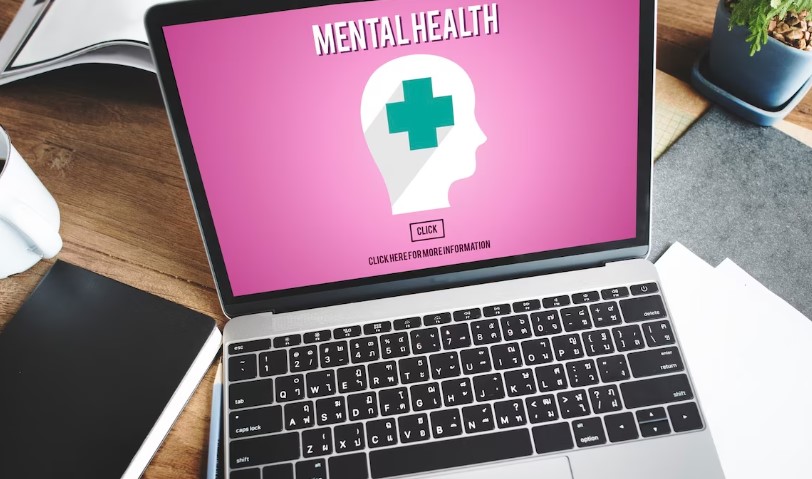
- Psychiatrist in Los Angeles, Talk Therapy
- 0 Comments
Talk therapy is one of the most widely recognized and trusted forms of mental health treatment. Yet despite how often the term appears in everyday conversations, many people still ask a simple but important question: what type of therapy is talk therapy? This article explores the meaning behind the term, the different forms it can […]
Read More







